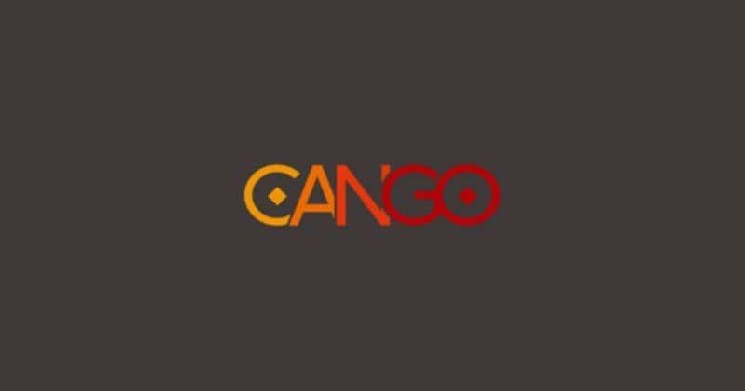Author: Tristan Greene, CoinTelegraph; Translated by: Bai Shui, Jinse Finance
Microsoft shareholders voted against a resolution to include Bitcoin on the company's balance sheet at the company's annual meeting on December 10.
The National Center for Public Policy Research (NCPPR), a Washington, D.C.-based free-market think tank, introduced the resolution, viewing it as a corporate responsibility to diversify profits to provide value to shareholders.
Shareholder Meeting
NCPPR submitted a pre-recorded video outlining their proposal, which was played at the shareholder meeting. The video began by stating "Microsoft cannot miss the next technology wave, and Bitcoin is that wave," filled with charts and figures demonstrating the potential value of holding Bitcoin.
In making the case, it promised: Adopting Bitcoin would create trillions of dollars in value and "eliminate" risk for shareholders. The recording reflected the views previously expressed in its resolution text:
"Institutional and corporate adoption of Bitcoin is becoming increasingly common. Microsoft's second-largest shareholder, BlackRock, offers a Bitcoin ETF for its clients."
The proposal did acknowledge that Bitcoin is "more volatile" than corporate bonds, and suggested not holding "too much," but also not "completely ignoring Bitcoin."
Therefore, NCPPR recommended using 1% to 5% of the company's profits to purchase Bitcoin. The proposal formally requested Microsoft "conduct an assessment to determine whether diversifying the company's balance sheet to include Bitcoin is in the best long-term interests of shareholders."
In a 14A filing submitted to the U.S. Securities and Exchange Commission (SEC), Microsoft's board of directors formally recommended against this proposal. The board stated the proposal was "unnecessary" and said the company had "carefully considered this topic."
"As the proposal itself notes, volatility is a factor to be considered in evaluating cryptocurrency investments for corporate financial applications, which require stable and predictable investments to ensure liquidity and working capital."
Too Reliant on FOMO?
Much of the proposal's content appears to be driven by "fear of missing out" or FOMO. It cites MicroStrategy and BlackRock's adoption of Bitcoin as motivating factors.
On December 1, Microsoft's board heard a three-minute pitch from Bitcoin bull Michael Saylor, who claimed that if Microsoft went all-in on Bitcoin, its market cap could increase by nearly $5 trillion.
"Microsoft cannot miss the next technology wave, and Bitcoin is that wave," Saylor said in his lobbying, proposing Microsoft convert its cash flow, dividend payments, debt, and stock buybacks into Bitcoin.
However, Microsoft's board remained unmoved ahead of the vote. In the aforementioned SEC filing, Microsoft's board wrote: "Microsoft has strong and appropriate processes in place to manage and diversify the company's funds for the long-term benefit of shareholders, and a request for public assessment is unwarranted."
In the filing, the board acknowledged MicroStrategy's operations are similar to its own, but refused to expand the comparison to the two companies' differing approaches to the emerging cryptocurrency market.
According to preliminary results, shareholders voted against the resolution, adhering to the board's guidance opposing Bitcoin adoption.
The NCPPR think tank submitted a similar proposal to Amazon on December 8, which will be considered at the company's 2025 April shareholder meeting.
NCPPR's promotional materials state that a 4.95% consumer price index inflation rate is rapidly eroding Amazon's $88 billion in cash and short-term equivalents, and Bitcoin could hedge this risk, protecting shareholder value.








